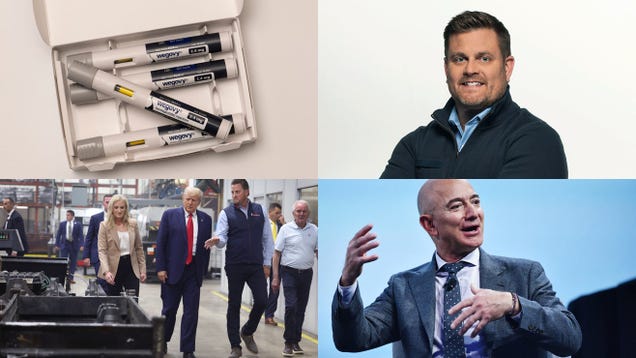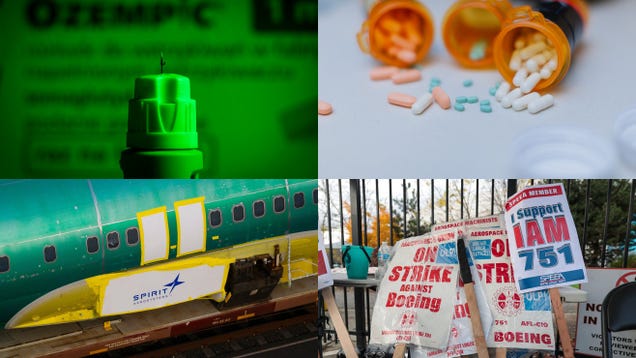Three friends turn cold chain green

Business new tamfitronics

Shaivee Malik, Vivek Mahindrakar and Dharmik Bapodara first met at IIT Delhi. “I was doing my B Tech in production and industrial engineering, Vivek and Shaivee were doing B Tech in mechanical and biotechnology engineering respectively,” says Dharmik Bapodara. “I first met them when I joined the formula racing club of our college in my first year. We used to design, develop and test formula style single-seater electric race cars that would go 0-100 in just 3.5 secs!”
“Back then we spent most of our time in the garage. We would even sleep there and directly go to classes in the morning,” says Bapodara. “The team used to run like a mini startup where students had to manage everything from funds and sponsors to recruitment, manufacturing and testing.”
After graduation, the trio decided to start their own venture. In early 2022, Yotuh Energy was born, its name derived from the Sanskrit word ‘yotuhu’, which means ‘act of cleaning’. “We were working in clean tech – taking the cold chain from grey to green — and chose the name Yotuh Energy for our startup,” says Bapodara.
The real idea bulb moment came during market research. “In the fifth month of our market study phase, we visited a transporter standing outside the cold storage while the AC unit was continuously on and grumbling about fuel cost. That’s when we decided to work on electrifying the refrigeration chain,” says Bapodara. Yutoh makes electric refrigeration units for intra-city mid-mile logistics, the first to enable Tata Ace and EVs into the cold chain with electric refrigeration units; diesel-based AC units do not fit in small commercial vehicles. Yotuh has its own fleet of refrigerated vehicles in Chennai (Tata Ace and Tata Ace EV) and plans to expand it to Bengaluru and Coimbatore.
Yotuh applied for grants and other equity free funding options for its initial requirements. It’s first was a NIDHI EIR grant (dept of science and technology) from IIM Udaipur Incubation. That money was used to make a prototype and test it with a transporter. “After that, we have received multiple grants and awards and won some cash prize challenges,” says Bapodara. That list includes the RAFTAAR grant (PABI) by the ministry of agriculture, a seed grant by Daimler India Commercial Vehicles (incubator), a seed fund from IIT Madras Incubation Cell (incubator), the NEXUS Program startup grant award from US Embassy, the Carbon Zero Challenge 4.0 prize by IIT Madras and the TIDE 2.0 EIR by IIM Visakhapatnam (ministry of electronics and IT).
The Yotuh team moved to Chennai after spending a year in Delhi. “We got to know about this opportunity to get incubated by IIT Madras and DICV,” says Bapodara. The team’s first call with Prof Ashok Jhunjhunwala (former head of IITM Incubation and Research Park) was a game changer. “He did not ask much about our idea at first. He asked more about ourselves … After a few rounds of evaluation we got in,” says Bapodara.
Sine July 2023, Yotuh has since been working out of IIT Madras Research Park in Chennai. This Aug, it raised 1.53 crore from Campus Angels Network. It also got Cavinkare founder C K Ranganathan as a major investor and auto industry veteran Vinod Dasari as advisor. “For our next phase, we are looking at anywhere between $2.5 million and $3 million,” he adds. “We have orders from our pilot customers and will start delivering by Dec,” he says. Currently Yotuh’s production facility in Ambattur can make around 30 units a month.



 Hot Deals
Hot Deals Shopfinish
Shopfinish Shop
Shop Appliances
Appliances Babies & Kids
Babies & Kids Best Selling
Best Selling Books
Books Consumer Electronics
Consumer Electronics Furniture
Furniture Home & Kitchen
Home & Kitchen Jewelry
Jewelry Luxury & Beauty
Luxury & Beauty Shoes
Shoes Training & Certifications
Training & Certifications Wears & Clothings
Wears & Clothings
















